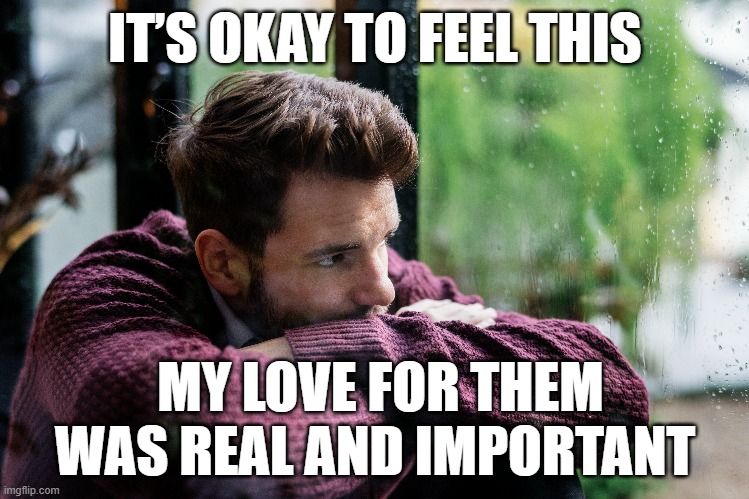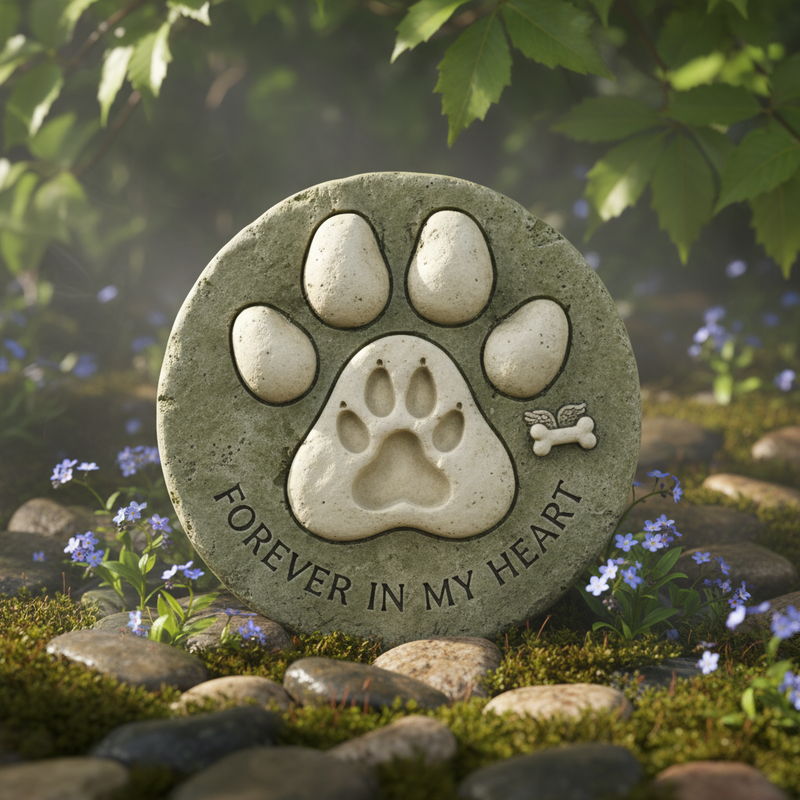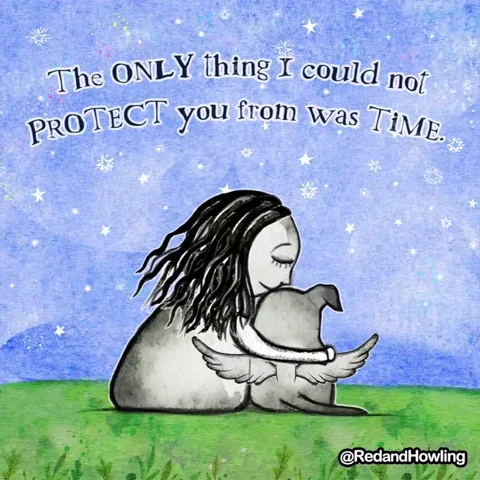It was an unforgettable day when I came home and found my cat lying still in his favorite spot. The house felt too quiet, and the silence was heavier than I could bear. At first, I moved through each day in a fog, unsure how to go on. With time, I discovered small, gentle ways to cope that didn’t erase the pain, but helped me carry it.
 Image created by the author via Canva
Image created by the author via Canva
Acknowledge Your Grief
Pets bring deep love, companionship, and presence. Losing them can feel as painful as losing a person. Recognizing this grief is the first step to healing.
 Image created by the author via Freepik
Image created by the author via Freepik
Common feelings you might experience when grieving a pet:
Sadness: waves of tears, heavy heart, missing them deeply
Guilt: “Did I do enough?” or replaying final decisions
Anger or frustration: at the situation, at yourself, or even at others
Loneliness: the house feels quiet or empty without them
Shock or disbelief: struggling to accept they’re really gone
Relief (sometimes): if your pet was suffering, you may feel mixed emotions
Grief is valid and deeply human, even when it follows a pet’s death.
Write It Out
Writing gives grief a voice. It helps release emotions, preserve memories, and carry your bond forward. Start with your favorite moment, no rules, just flow.

Try this:
Write a letter to your pet (what you miss, what you wish you said).
Freewrite for 5 minutes — no rules, just feelings.
Capture a favorite memory or quirk in a short story or poem.
My experience: When I lost my cat, I began writing a few lines each night, sometimes just “I miss you.” Weeks later, rereading them felt like reconnecting with him.
Here are some helpful resources:
Create a Meaningful Memorial
Building a memorial can help honor your pet and provide tangible ways to remember them.
 Image created by the author via Lovart.ai
Image created by the author via Lovart.ai
Ideas: Plant a tree 🌲, make a memory box, scrapbook, or artwork. 🎨
Rituals: light a candle🕯️, celebrate their “birthday" 🎂, or donate to a shelter in their name.
Reach Out to Others
Sharing your grief helps you feel less alone. Others who’ve been there understand.

Here are some support options:
Share stories with friends/family.
Support groups: Lap of Love or APLB
Virtual support options: Paws Whiskers & Wags or Pet Cloud
Watch this YouTube short and be ready to talk about your pet today:
Prioritize Self-Care
Grief impacts the body and mind. You deserve kindness and simple comforts during this time. Here are some self-care steps that can be helpful:
Take quiet walks
Drink your favorite tea
Get some rest
Hold something soothing
 Photo by Zoha Gohar on Unsplash
Photo by Zoha Gohar on Unsplash
It's okay to look for professional support and ask counselors specializing in pet bereavement. They are making pet grief more recognized and supported.
Quiz
Which of the following rituals can help reduce grief after the loss of a pet? Choose all that apply:
A. Rearranging your furniture to “reset” the spot
B. Lighting a candle on anniversaries
C. Keeping a corner with their photo or collar
D. Donating or volunteering in their name
Quiz
Which of the following rituals can help reduce grief after the loss of a pet? Choose all that apply:
Reflect & Find Meaning
In line with logotherapy, you can reflect on the meaning your pet brought to your life — whether it was companionship, unconditional love, or giving you a sense of purpose.
Ask: What did my pet teach me?
Honor them by caring for others, volunteering, or journaling lessons.
Healing means weaving memories into a new path, not forgetting.

Grief doesn’t mean forgetting. It’s about weaving your love and memories into a new path forward. Each step you take writing, creating a memorial, caring for yourself — honors your pet and your shared life. Be gentle with yourself — you’re doing meaningful work of love and healing.
Quiz
Which of the following statements are true?
A. Expressing your sad feelings and seeking support are signs of weakness.
B. Stopping yourself from talking about your grief makes it easier to move on.
C. Creating a memorial helps keep your pet’s memory alive.
D. Grief for a pet is usually gone in a few weeks.
Quiz
Which of the following is true?
Take Action

Try one small act today:
Your feedback matters to us.
This Byte helped me better understand the topic.
